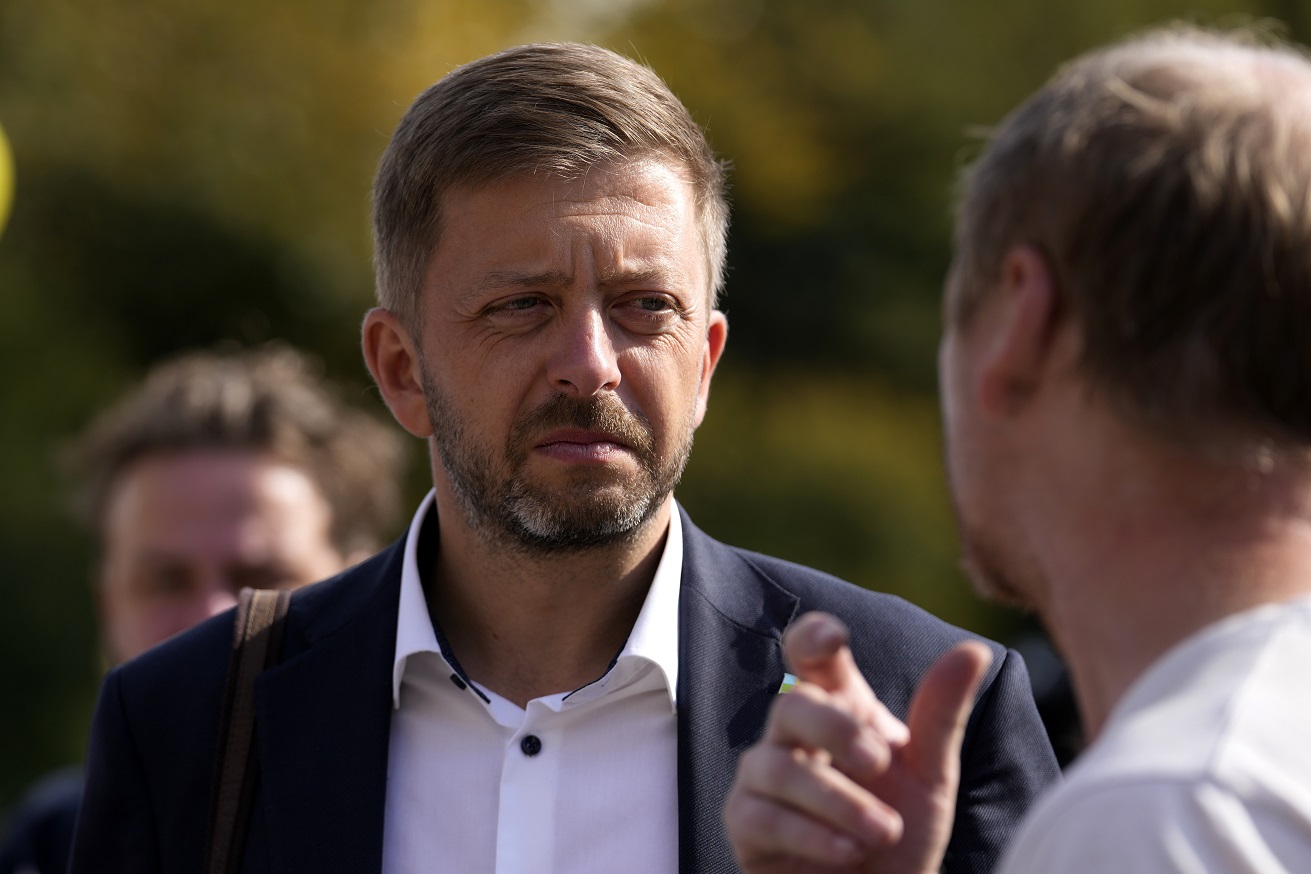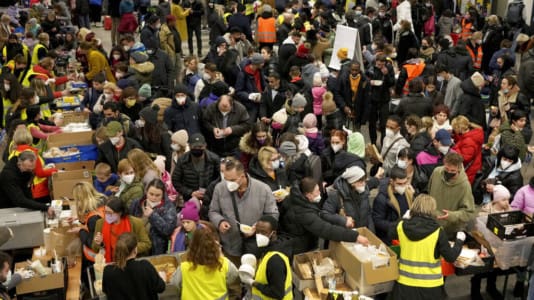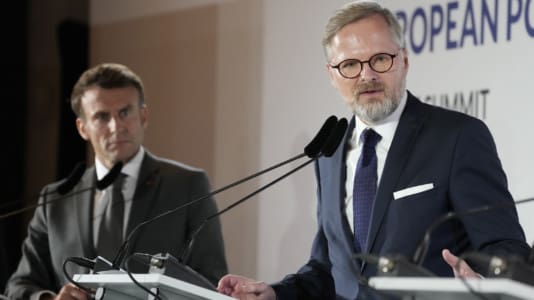Czech-Slovak relations have soured in recent days due to a dispute over mainly Syrian migrants.
The Czechs recently reintroduced checks on its border with Slovakia due to the latter’s refusal to accept returned migrants, leading Slovak Police’s President Štefan Hamran to accuse the Czech police of trafficking. Czechia’s Interior Minister Vít Rakušan said, however, that it was an isolated incident.
“They pick up migrants and transport them to the border. We even had a case where they brought them over the border, 200 meters, and put illegal migrants on the territory of the Slovak Republic. That is trafficking,” Hamran said on Friday.
It happened once at the beginning of inspections, Minister of the Interior Vít Rakušan said on Monday.
Border controls, which Prague started at the end of September due to illegal migration, are supposed to last until Dec. 12. Because of the long waiting periods, transport workers have already begun to strike. Some residents of the villages on the Czech side of the border are not satisfied either and complain about the arriving migrants.
Answering in more detail the question about the incident, Rakušan said that clear instructions were given, so something like that does not happen again.
“I would like to explain the practicalities of what is being referred to as a crazy incident,” the Czech interior minister said. “Our policemen would have to release the detainees from the vehicle in the middle of the bridge where the border runs, but the Slovak side was not waiting there to take over these immigrants. It was dangerous to release them in the middle of the bridge, where vehicles drive, so they were released at a safe place about 100 meters beyond the border,” he added.
Rakušan wants a meeting on how to interpret the readmission agreement. The incident happened because there was no response from the Slovak side, even though the Czech side reported that it would be handing the migrants over.
Rakušan also answered the question of whether the strict border controls with Slovakia have the appropriate effect.
“They certainly have — the onslaught on the German-Czech border has significantly decreased. During readmissions, we are managing to return large numbers of people to the Slovak side, so this measure certainly fulfilled its purpose,” he said.
“Of course, there will be photos showing someone crossing the green line and the like. We don’t have barbed wire; we don’t want barbed wire. We have certain personnel capacities. Nobody is claiming that we will not let in a single person ever again,” Rakušan added.
Rakušan noted that around 100 traffickers have been detained so far.
No plan to expand asylum facilities
“The situation is not easy for Slovakia, but it is not easy for the Czech Republic either. It costs us money,” Rakušan noted. “At the time of the introduction of border controls, we had over 300 detained immigrants per day, while Slovakia had less than 200 detained per week. That obviously showed the different approaches — and I am not criticizing them now — of the Slovak and Czech police, and it clearly showed where the migration flows are heading.”
Asylum facilities in the Czech Republic are overcrowded, and Rakušan said they are being expanded to the current maximum, but any major expansion would be out of place.
“We dealt with the situation at the main railway station in Prague, which was not good, but there is a difference from the arrivals from Ukraine — these were people who wanted some help, who wanted to stay here, who wanted the state to somehow take care of them here. In the case of this group of immigrants, the interest is completely different. They do not want any contact with our state. For them, we are a transit country, and they want to get further,” Rakušan said.
The Czech interior minister noted that protecting the external EU border along the Balkan route is imperative.
“If we manage to protect the external border and reduce the number of arrivals, then the interest in passing through the Czech Republic will also decrease.
“Again, I stress ‘pass,’ those people don’t want to stay here. They do not apply for residence status here; they do not apply for asylum. They want to continue through the Czech Republic.”





